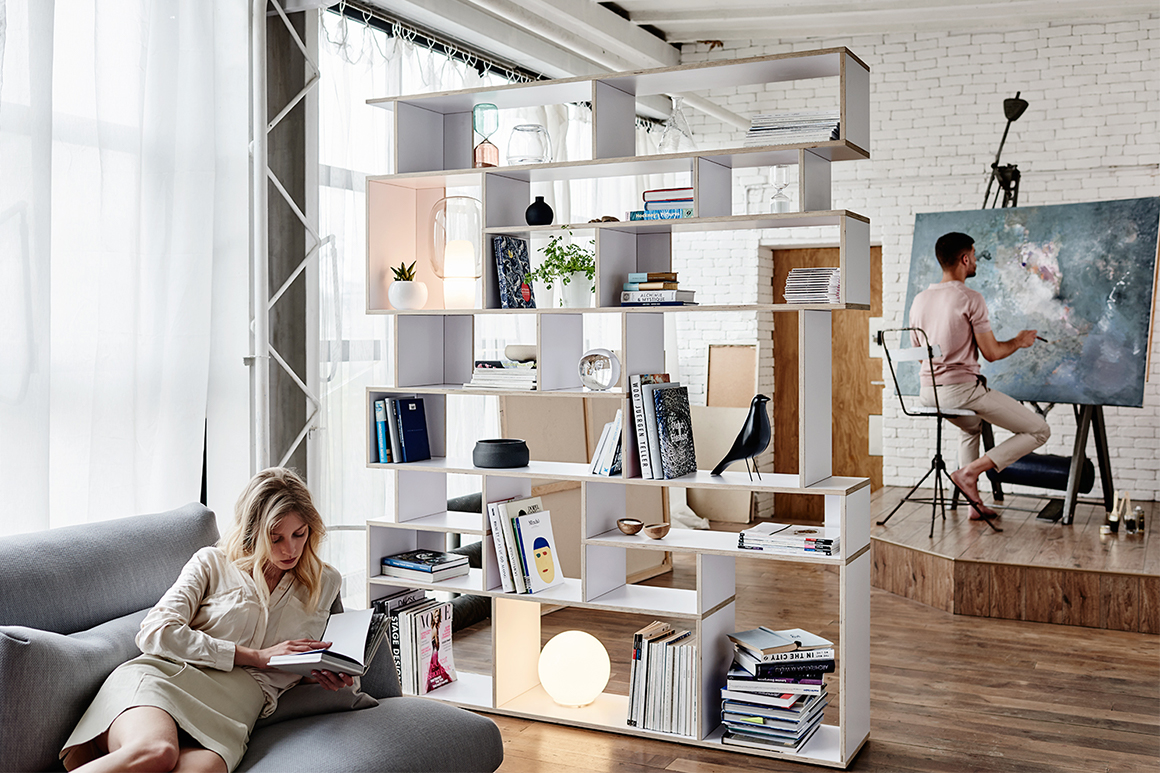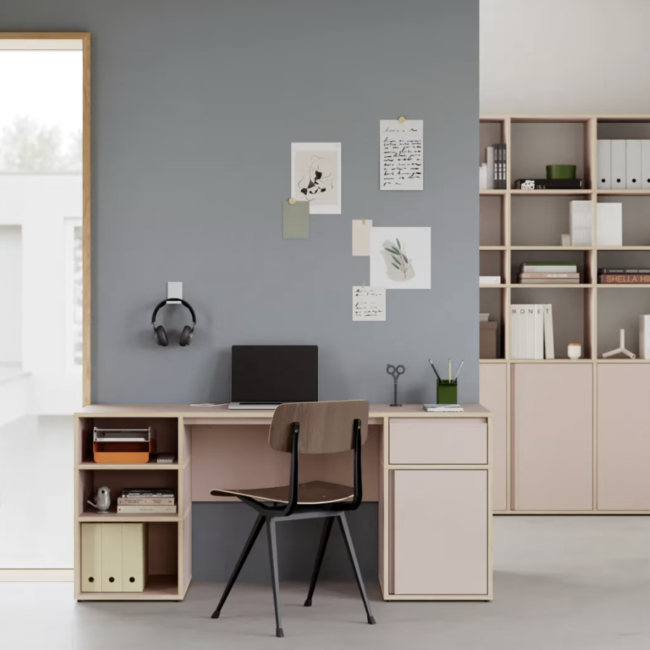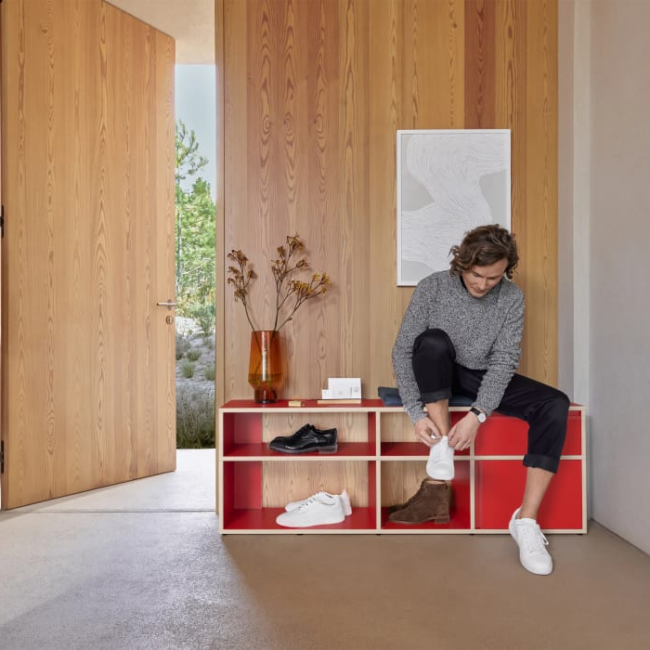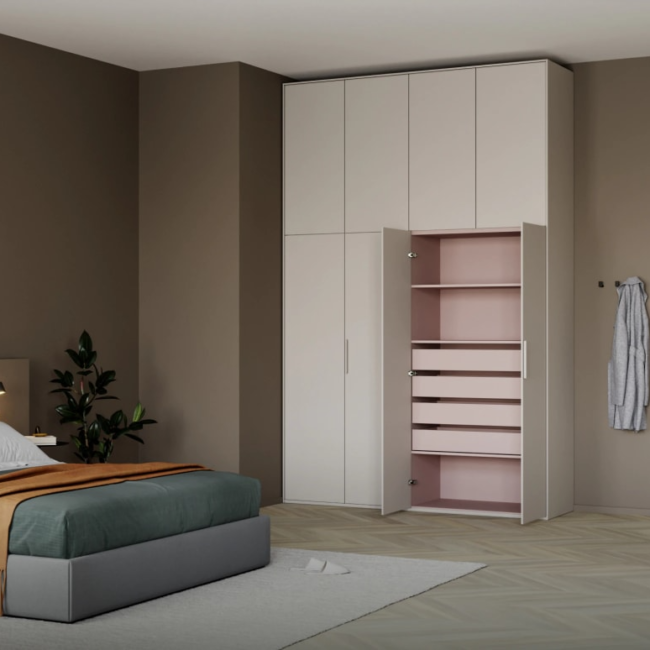July 24, 2019
What Science Really Says About Decluttering – by Donald Rattner
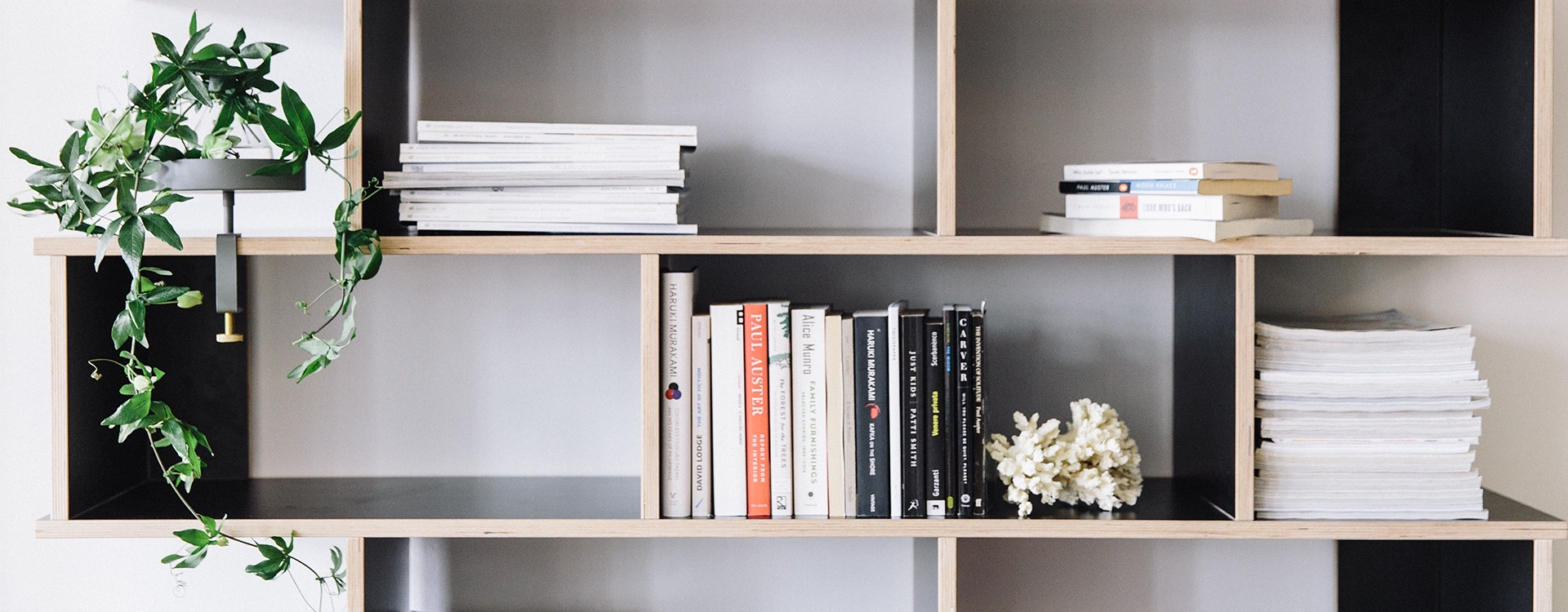
Organizing and decluttering are all the rage these days. For that we can largely thank the present-day titan of tidiness, Marie Kondo, whose KonMari method has fueled several books, a Netflix series, and invigorated an entire industry devoted to helping people maintain control over their physical possessions.
But as an architect interested in the psychology of space and the role material objects play in our lives, I have long felt that a number of Ms. Kondo’s ideas lacked a scientific basis, and therefore were open to being characterized as speculative and anecdotal rather than factual and pervasive. My concerns became amplified when I searched for the word ‘science’ in her debut blockbuster manual, The Life-Changing Magic of Tidying Up, and found not a single occurrence. They became still deeper when I noticed that the related term ‘scientific’ popped up just once, in a passage where the author acknowledges that she has no scientific basis for her theory that people accrue a variety of mental and physical health benefits from getting themselves organized.
In this regard Ms. Kondo is misinformed. In point of fact, there’s a considerable body of evidence indicating that putting one’s house in order does exactly that.
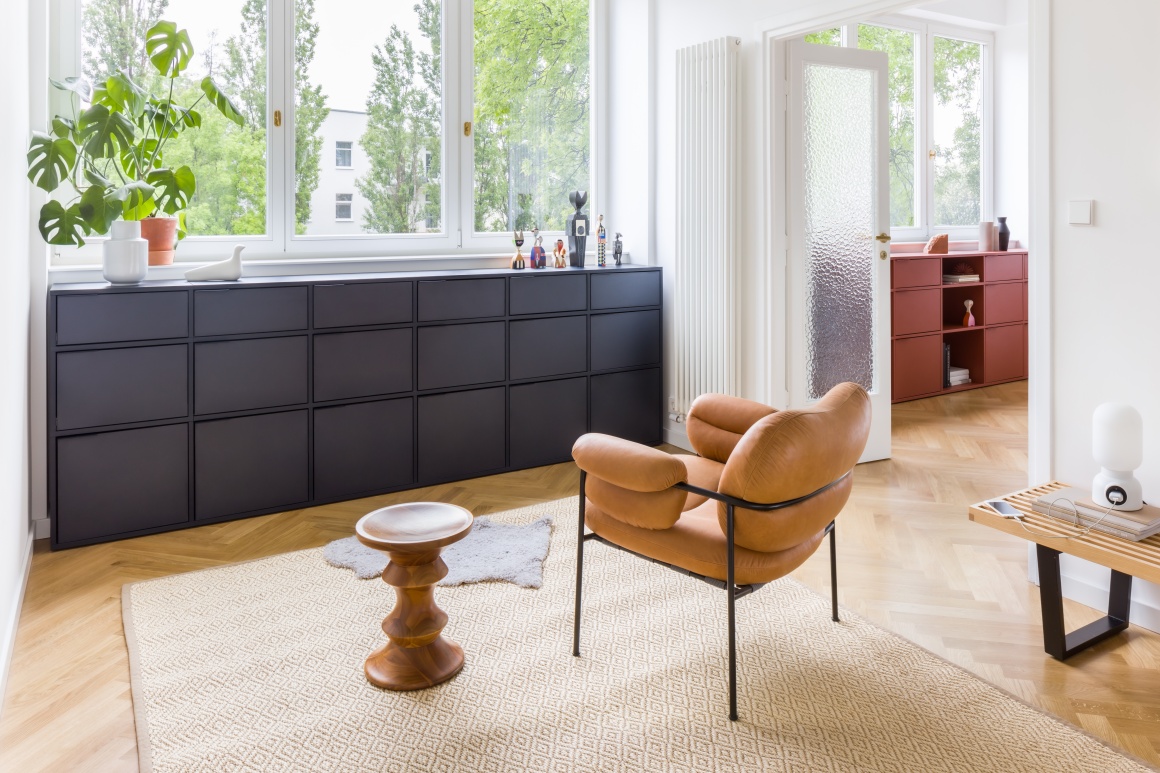
Tylko Dark Chest of Drawers
Matter Over Mind
Perhaps the best way to appreciate the value of maintaining an organized environment is to learn what can happen to you if you don’t.
Take, for example, a 2010 study published in the scientific journal Personality and Social Psychology Bulletin. It found that subjects who described their homes as cluttered exhibited greater depression and fatigue, diminished coping skills, and increased difficulty transitioning from work to home compared to people who viewed their place of residence more positively.
What’s the connection between unkempt physical surroundings and a lack of mental well-being? Biology. According to the researchers, the group with messy environments registered elevated levels of the stress hormone cortisol, a substance released into the bloodstream by the adrenal glands. Normally, the body boosts the flow of cortisol when it perceives an external threat in order to sharpen our focus and analytic thinking skills, and by extension our ability to defend ourselves against potential harm. We then return to normal levels after the threat has passed. The problem with being stressed out by a messy environment is that the mess tends to remain in place, thereby leading to constant cortisol production and the kinds of disorders evident among subjects in the 2010 study.
And those are only some of the maladies linked to an oversupply of the hormone. Others include headaches, irritability, intestinal problems, high blood pressure, low libido, poor sleep, heart disease, suppressed immunity to disease, and difficulty recovering from exercise.

Tylko Type02 Bookcase
But wait—there’s still more, as in more weight. That’s right — another potential consequence of mess-induced stress is weight gain. According to one source, people with unkempt homes are an eye-popping 77 percent more likely to be overweight than those who reside in well-tended surroundings. Unsurprisingly, kitchens overladen with goods are especially detrimental for maintaining narrow waistlines; a 2017 study from the journal Environment and Behavior found that subjects living in chaotic food environments significantly upped their consumption of scale-busting high-calorie snacks (aka junk food), the effects of which become all too plain for everyone to see.
Other unhealthy consequences of clutter accrue indirectly. Air quality, for instance, often suffers in disorganized environments because the profusion of objects creates more surfaces to attract dust. The extra layers of dust not only increase the possibility of respiratory problems among occupants, they can also reduce the amount of natural light inside a space by making those surfaces less reflective. Households with pets and in urban locations are particularly susceptible to the loss of light and dirtied air resulting from having too much stuff out and about.

Tylko Dark Sideboards
And if all this weren’t enough to instantly turn you into a neat freak, clutter can also hamper your ability to focus on task completion. This insight comes to us via a 2011 paper out of Princeton University, where researchers found that our sensory apparatus can be easily overwhelmed by having too many things to look at at one time, thereby making it harder to sort out only those objects relevant to the task at hand. More stuff also makes it more likely that people will be distracted from what they’re doing as something new catches their eye with each pass of the room.
Incompleteness and Control
The inability of people in disorganized settings to focus points to one of the reasons that clutter has the effect on us that it does: a space in disarray imparts a sense of unfinished business. Sometimes that sense derives from projects or tasks that literally remain undone, the residue of which lingers in stacks of unfiled papers or the detritus of half-completed household chores. At other times it might stem from deferred decisions, such as whether to keep a possession, and if so, where to store it. Given the discomfort most people experience when confronted by a plethora of unresolved conditions, it’s hardly surprising that the unhappy subjects in the 2010 study I discussed at the beginning of this article repeatedly used the term ‘unfinished’ to describe their disorderly habitats.
A second possible explanation for the negative impact of disorganization involves a psychological construct known as the locus of control. In a nutshell, the concept proposes that people fall into two main camps: those who believe that they are in control of their lives, and those who believe that external forces largely determine their fate. As you might expect, people who create tidy environments for themselves tend to fall into the former category, while those in less organized surroundings often feel that their belongings have gotten the better of them through no fault or desire of their own. As also might be expected, a landmark British study found that people with an ‘internal’ locus of control are generally more successful, healthier, better educated, and less anxious than those with an ‘external’ locus.
An Exception to the Rule
There are exceptions to the negative impact of disorganized settings. One of them has been the focus of my attention for several years now: creative space. In the course of writing a book on the subject, I came across research findings indicating that a messy environment can actually stimulate idea generation, an observation entirely consistent with the notion that creative thinking at its earliest stages is by nature a ‘messy’ and high volume process—that is, non-linear, quantity-driven, and riddled with unanticipated surprises.
That said, plenty of notable creatives were and are known to crave neatness in their workspace—Eleanor Roosevelt, Jane Austen, Yves St. Laurent, Craig Newmark (founder of Craigslist), Anna Wintour, and of course, Marie Kondo among them. Even in the case of those who preferred to wallow in messiness during their creative periods—Mark Twain, for example—it should be pointed out that they often confined their wallowing to their immediate creative environs, in Twain’s case, that being his desktop.
As for the rest of us non-geniuses, the evidence is clear: we will likely be happier, healthier, and more self-fulfilled when everything is in its place.
